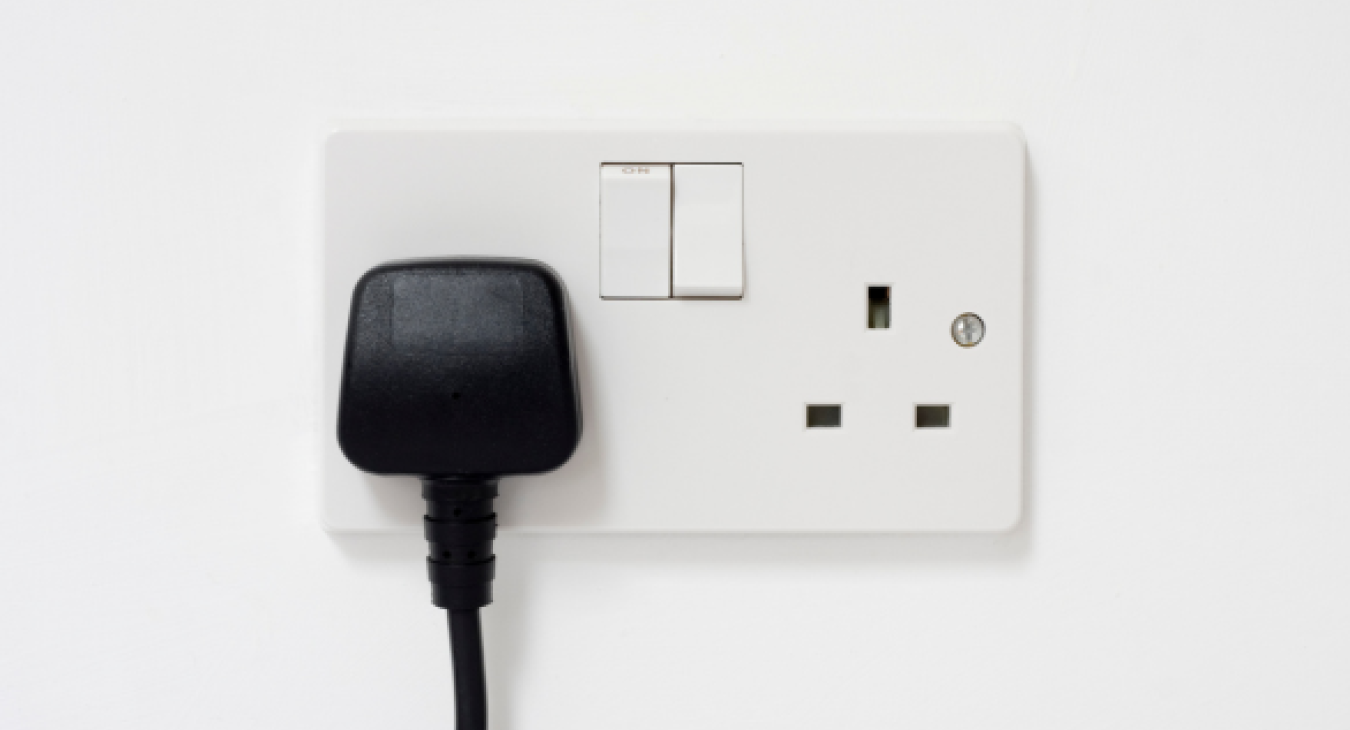
As electric vehicles (EVs) become increasingly popular in South Yorkshire, many homeowners are looking for convenient ways to charge their cars at home. One of the most accessible options is to use a standard 13-amp plug. While this might seem like a simple and cost-effective solution, there are significant disadvantages to charging your EV this way that you should consider before plugging in.
Why You Might Consider Charging with a 13-Amp Plug
It’s easy to see why someone might opt for a standard 13-amp plug to charge their EV. After all, it’s what you’ve got at hand, it’s inexpensive, and it doesn’t require any special installation. But while it may be convenient in the short term, relying on a 13-amp plug comes with a host of issues that can affect both the efficiency of your charging and the safety of your South Yorkshire home.
1. Slow Charging Times 🕒
One of the biggest drawbacks of using a standard 13-amp plug to charge your EV is the incredibly slow charging speed.
Trickle Charging: A 13-amp socket provides a mere trickle of power compared to a dedicated EV charger. For context, a typical dedicated home charger delivers 7kW of power, whereas a 13-amp socket only provides about 2.3kW. This means that charging your car from empty to full could take anywhere from 24 to 36 hours or more. 🚗🔋
Inconvenience: This slow charge rate is fine for occasional top-ups, but if you’re regularly driving long distances, the extended charging time can be very inconvenient. You could find yourself without enough charge if you forget to plug in the night before a long trip.
2. Risk of Overheating and Electrical Fires 🔥
Another serious concern with using a standard 13-amp plug for EV charging is the risk of overheating.
Continuous High Load: EV charging requires a continuous flow of electricity over many hours. Standard 13-amp sockets aren’t designed to handle such sustained high loads, which can cause the socket to overheat, potentially leading to fires. 🔥
Old Wiring: Many homes in South Yorkshire, especially older ones, may not have wiring capable of handling the continuous heavy load required to charge an EV. This can result in overheating of the internal wiring, posing a significant safety risk.
3. Wear and Tear on Electrical Components ⚠️
Charging an EV from a 13-amp socket can also cause premature wear and tear on your home’s electrical system.
Socket Damage: The continuous use of a standard socket for EV charging can lead to wear and damage. Frequent plugging and unplugging, combined with the heat generated by sustained high currents, can deteriorate the socket and make it more prone to faults.
Electrical System Strain: A standard plug isn’t just putting strain on the socket itself but on your entire electrical system. This strain can lead to frequent tripping of your circuit breaker, blown fuses, or worse.
4. Higher Energy Costs 💷
Although it might seem cost-effective to use your existing 13-amp plug rather than investing in a dedicated charger, the reality is that it could cost you more in the long run.
Inefficient Charging: Charging through a 13-amp socket is less efficient than using a dedicated charger. This inefficiency means that more energy is wasted as heat, leading to higher electricity bills for the same amount of charge.
Potential for Electrical Damage: If your electrical system is damaged by continuous heavy use, you could be faced with costly repairs or even the need to upgrade your entire home’s wiring system.
5. It’s Not Ideal for the Long Term 🛠️
In the long run, using a standard plug isn’t a viable solution for regular EV charging.
Inconvenience: Given the slow charging times and the constant monitoring required to avoid overheating or damage, using a 13-amp socket becomes impractical if you rely on your EV for daily transportation.
Future-Proofing: As EV technology advances and battery sizes increase, the demand for faster, more efficient charging will only grow. Investing in a dedicated EV charger now will save you from headaches and potential dangers down the road.
What Should You Do Instead? 🚗⚡
Given the numerous disadvantages of using a 13-amp plug, it’s clear that the best option is to install a dedicated EV charging point at your South Yorkshire home.
Safety: A dedicated EV charger is specifically designed to handle the demands of electric vehicle charging. This reduces the risk of overheating, fires, and damage to your electrical system.
Speed: A dedicated charger can fully charge most EVs in just a few hours, ensuring that your vehicle is ready to go when you are.
Cost Efficiency: While the upfront cost of installing a dedicated charger may be higher, it’s a worthwhile investment that will save you money in the long run through more efficient charging and reduced risk of costly repairs.
Call the Professionals at MP Electrical 🔧
At MP Electrical, we strongly recommend against using a standard 13-amp plug for EV charging. Our team of qualified electricians can safely install a dedicated EV charger at your South Yorkshire home, ensuring you have a reliable, efficient, and safe charging solution.
Remember, electricity isn’t something to take lightly—especially when dealing with high-power devices like EVs. If you’re considering an EV charger installation, or if you have any concerns about your home’s electrical system, don’t hesitate to get in touch.
Contact MP Electrical today to discuss your EV charging options and ensure your home is ready for the future of transportation. 🚗⚡
Using a 13-amp plug for charging your electric vehicle might seem like a convenient option, but the risks and disadvantages far outweigh the benefits. Invest in a dedicated charger for a safer, faster, and more efficient charging experience.










